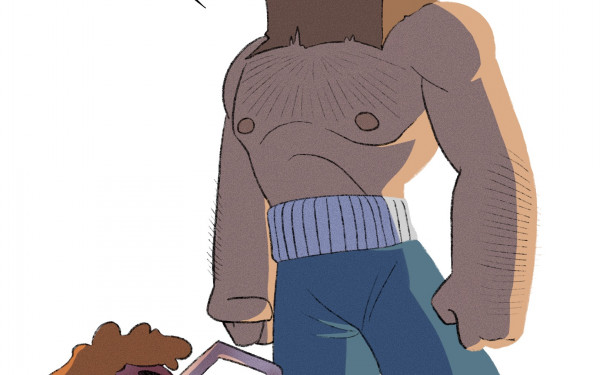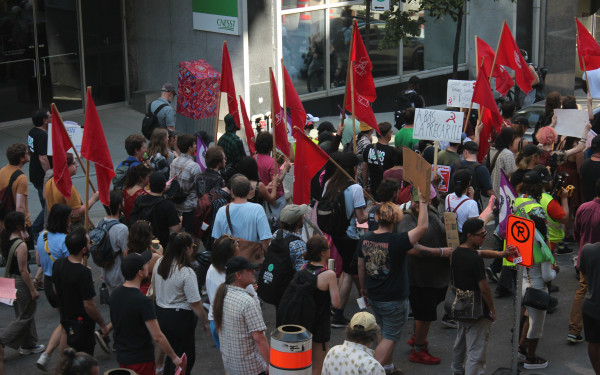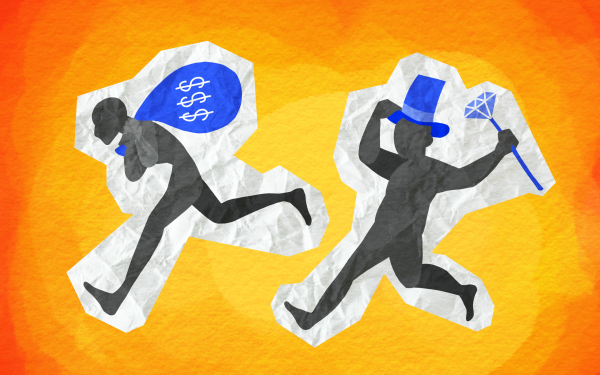Surprise Surprise: Capitalism Fuels Income Inequality
It takes money to make money.
An individual on an average wage has little chance of making it to the one per cent, and there is a tremendous lack of equal opportunity. Julius Grey addressed this inequality in a talk at Concordia on Tuesday evening.
“The idea is not to build a socialist society,” he said. “We cannot change our world, but we can improve things.”
A lawyer and human rights activist, Grey referred to French economist Thomas Piketty’s bestseller book Le Capital au XXIe siècle to raise key points about inequality. He opened the floor by addressing his own feelings toward Piketty’s book.
“It’s a masterpiece,” he said. “It’s one of the major works on economics.”
Inequality between the 99 per cent and the 1 per cent is flagrant, and Piketty “exploded every myth of capitalism” the first one being hypocrisy, he added.
“You work hard, you do well,” he continued. “That just isn’t so. Capital brings capital.”
Capitalism doesn’t consider equal opportunity. This is what Grey calls for.
“There should be rewards for excellence,” he said. “We should not permit class creation.”
It’s the 99 per cent that has to face the consequences of austerity measures, he says, which is why Piketty emphasizes other solutions to reduce the deficit.
Grey maintains there are “a number of ways out of a deficit,” and “crazy austerity” is not one.
“Crazy austerity means destroying precisely what you build up,” he said.
He also addressed topics such as growth stimulation and inflation, when kept at a reasonable rate, is “not the worst thing in the world,” as well as taxation. Grey paraphrased Piketty, saying that a possible solution would be taxation over borrowing and taxing capital.
A redistribution of wealth would probably improve the state of inequality.
“What happens with inequality is that it eats away at our basic way of life,” Grey told The Link.
“Even if there is no decrease in purchasing power … the creation of classes, by itself, demoralizes people,” he continued. “Some things cannot be manufactured easily, like education, health and so on, and the rich have a greater access.”
For the future, Grey would like to see some form of taxation and more radical restrictions on higher incomes, while adding that whichever method will make little difference.
“What we have to do is equalize the opportunities,” Grey said. “And make sure that in the next generation, every child, of every origin, in our society at least, has as equal a chance … at health, long life … all those things which we want to have.”

_448_230_90.jpg)


_600_375_90_s_c1.jpg)


